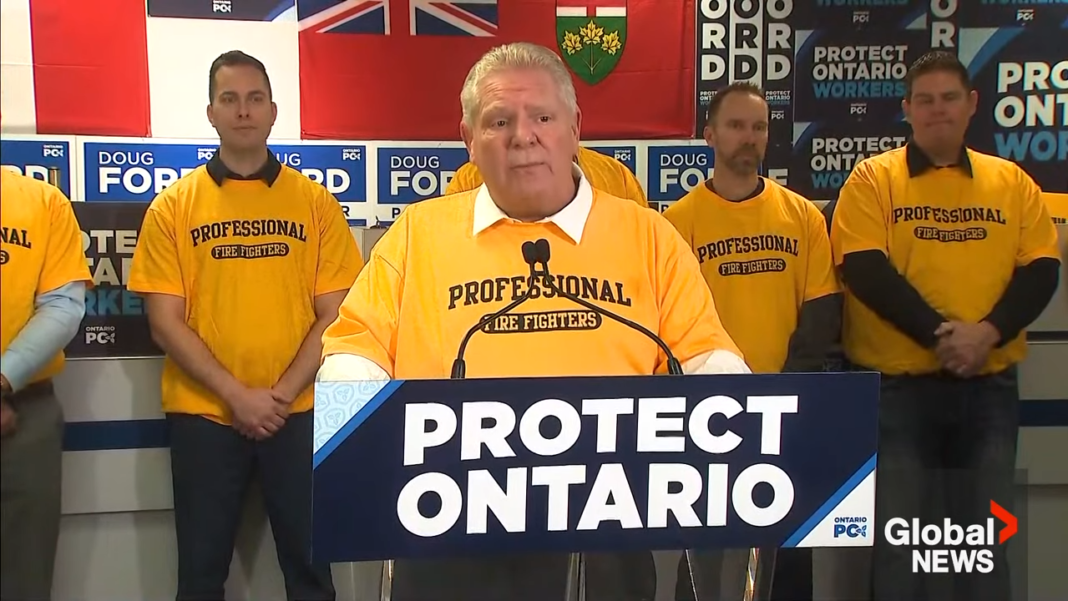Elon Musk’s Allegations and Policy Shakeups: A Weekend of Disruption
Over the weekend, a high-profile discussion on social media brought significant attention to US government aid programs and their financial oversight. The conversation, originally intended to provide updates on Musk’s ongoing initiatives, quickly escalated into a critique of US government-funded aid organizations, particularly USAID. Key allegations and policy concerns emerged, sparking reactions from government officials, business leaders, and the public alike.
Elon Musk made a series of strong claims against USAID, labeling it a “criminal organization” and accusing it of misallocating billions in federal funds. He further suggested that USAID has played a role in funding controversial research and projects, including alleged indirect contributions to labs involved in pandemic-related research. These assertions, however, were not backed by concrete evidence during the discussion, raising questions about their credibility and broader implications.
A particularly striking moment in the conversation was Musk’s claim that former President Donald Trump had given him the “permission” to dismantle USAID. Given that USAID operates under congressional authority and executive oversight, the legality of such a directive remains unclear. The claim has triggered responses from lawmakers across the political spectrum, with Senate Democrats and Republican Senator Marco Rubio calling for further clarification on Musk’s statements and any potential overreach.
In response to these claims, several members of Congress have expressed deep concerns. Lawmakers emphasized that USAID is a pivotal organization managing approximately $40 billion annually in foreign aid, humanitarian efforts, and development programs. Critics argue that unilateral actions against such institutions could undermine US global influence and strategic interests.
Additionally, Treasury officials reportedly weighed in on the discussion, prompting further scrutiny on whether Musk has any official authority over government-funded aid programs. Some experts suggest that while Musk has leveraged his influence in private sector dealings and defense contracts, his ability to disrupt a federal agency remains limited without legislative backing.
Implications for Businesses, Economy, and Policy
Business and Market Confidence
The controversy has reignited debates around the intersection of private enterprise and government policymaking. Musk’s involvement in major government contracts—ranging from space exploration to artificial intelligence—has placed him in a unique position of influence. However, industry analysts warn that unchecked corporate intervention in federal spending decisions could create instability in key sectors, particularly those reliant on foreign aid and international partnerships.
Impact on Global Relations
If Musk’s accusations against USAID gain traction, it could reshape US diplomatic relations. Countries benefiting from US aid may reassess their partnerships, potentially turning to alternative allies for financial support. This shift could also impact businesses that rely on stable international trade policies and foreign investments.
Regulatory and Legal Ramifications
From a governance perspective, Musk’s statements have opened the door to legal and ethical scrutiny. If Congress launches an investigation into USAID’s financial allocations, it could lead to new regulatory reforms aimed at increasing transparency. However, any abrupt cuts to foreign aid programs could also backfire, exacerbating humanitarian crises and economic instability in vulnerable regions.
The Way Forward: What Comes Next?
For Government and Policymakers
- Clarifying Oversight – Lawmakers must assess whether current regulatory frameworks effectively safeguard federal aid programs from mismanagement or external influence.
- Balancing Corporate Influence – Clear guidelines should be established on the extent of private sector involvement in government decision-making.
- Strengthening Transparency – Increased accountability measures, such as audits and bipartisan oversight, could help rebuild trust in US foreign aid programs.
For Businesses and the Economy
- Monitoring Policy Changes – Companies involved in international aid, defense, and infrastructure projects should prepare for potential funding shifts.
- Navigating Geopolitical Risks – Businesses operating in regions receiving US aid should evaluate contingency plans in case of policy disruptions.
- Maintaining Market Stability – Investors must closely watch regulatory responses to assess risks associated with shifting government priorities.
For Global Stakeholders and Citizens
- Engaging in Public Discourse – As policy changes unfold, public scrutiny and advocacy will be essential in shaping informed decisions.
- Evaluating Misinformation Risks – Given the lack of evidence supporting some of Musk’s claims, fact-checking and responsible information-sharing will be crucial.
- Considering Alternative Aid Models – Exploring private-public partnerships or international collaborations could mitigate potential disruptions in foreign aid programs.
Final Thoughts
This discussion highlights the growing entanglement between government policy and private sector influence. As scrutiny over USAID and government spending intensifies, the next steps taken by policymakers will have far-reaching consequences for businesses, global diplomacy, and economic stability. While Musk’s claims raise important questions, the challenge lies in ensuring that decisions are made with careful deliberation, accountability, and factual accuracy. Moving forward, all stakeholders must remain vigilant in distinguishing between political rhetoric and actionable policy reforms that serve the broader public interest.
James Patel is an experienced business journalist reporting on mergers, acquisitions, and corporate governance. He has contributed to The Wall Street Journal and Reuters.




